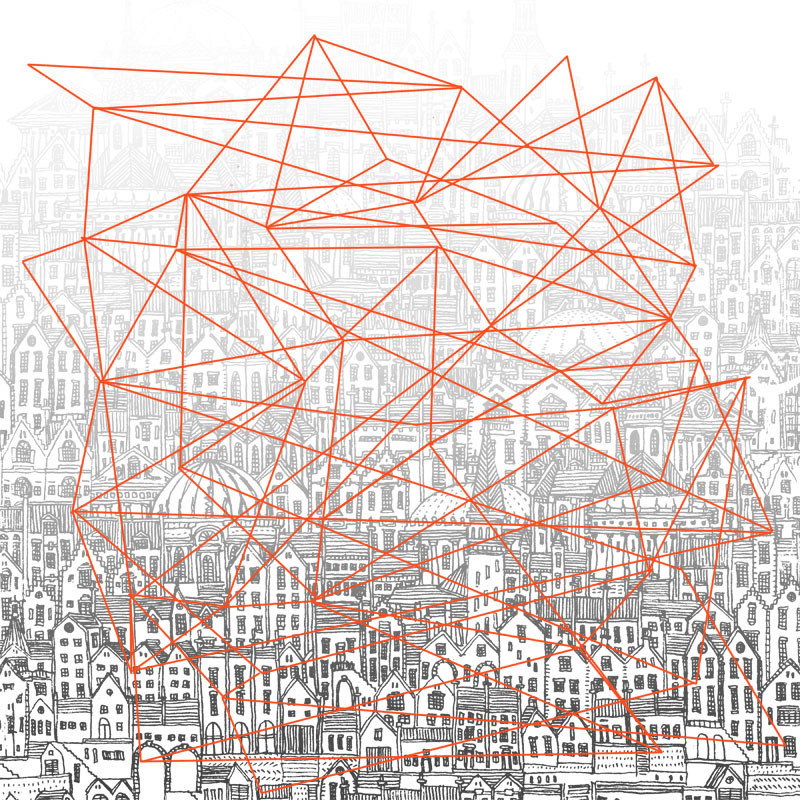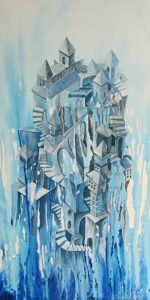

What is the use, then, of all your traveling?”, “It is evening. Learn more about working with Thought Catalog.Īrriving at each new city, the traveler finds again a past of his that he did not know he had: the foreignness of what you no longer are or no longer possess lies in wait for you in foreign, unpossessed places.

With my burdens, pleasures, sorrows and celebrations. Without stones there is no arch.”, “Every time I describe a city I am saying something about Venice.Īnd yet I am happy with what I am, and what I have. But what is certain is that if you ask an inhabitant of Zenobia to describe his vision of a happy life, it is always a city like Zenobia that he imagines, with its pilings and its suspended stairways, a Zenobia perhaps quite different, a-flutter with banners and ribbons, but always derived by combining elements of that first model.

Sign up for the Thought Catalog Weekly and get the best stories from the week to your inbox every Friday. 60+ Witty Mae West Quotes On Men, Sex, and Love, I Am Slowly Learning What It Really Means To Be A Woman, How This TikToker Used A Viral Trend To Spread Awareness About HS, Here Is Each Sign’s Comprehensive November Horoscope For 2020, Here’s How Embracing 12-Step Principles Can Help Us Through Everyday Struggles, If It Bothers You To Think About Your Ex With Someone Else, Read This, I’m So Excited To See What God Has In Store For Us, 6 Things You And Your Boyfriend Do That Make Your Friends Uncomfortable. Thanks! I add on more burdens than I can bear, more sorrows than I can share. You would do as well never moving from here.”, The Venetian knew that when Kublai became vexed with him, the emperor wanted to follow more clearly a private train of thought so Marco’s answers and objections took their place in a discourse interrupting him, or Marco Polo imagined himself interrupted, with a question such as: “You advance always with your head turned back?” or “Is what you see always behind you?” or rather, “Does your journey take place only in the past?”. “The other ambassadors warn me of famines, extortions, conspiracies, or else they inform me of newly discovered turquoise mines, advantageous prices in marten furs, suggestions for supplying damascened blades.

Marco enters a city he sees someone in a square living a life or an instant that could be his he could now be in that man’s place, if he had stopped in time, long ago or if, long ago, at a crossroads, instead of taking one road he had taken the opposite one, and after long wandering he had come to be in the place of that man in that square. “Whatever country my words may evoke around you, you will see it from such a vantage point, even if instead of the palace there is a village on pilings and the breeze carries the stench of a muddy estuary.”, “My gaze it that of a man meditating, lost in thought – I admit it. My feelings as I read the book Invisible Cities by Italo Calvino.
#Zenobia italo calvino series
Calvino's 'Invisible Cities' is a series of descriptions of mythical, impossible cities told by Marco Polo to Kublai It is that sudden, clear, and unfortunate. Invisible Cities : Italo Calvino - Zenobia. From Invisible Cities: In Olinda, if you go out with a magnifying glass and hunt carefully, you may find somewhere a point no bigger than the head of a pin which, if you look at it slightly enlarged, reveals within itself the roofs, the antennas, the skylights, the gardens, the pools, the streamers across the streets, the kiosks in the squeares, the horse-racing track. Copyright Anjali Rengan © All rights reserved.Īll this so that Marco Polo could explain or imagine explaining or be imagined explaining or succeed finally in explaining to himself that what he sought was always something lying ahead, and even if it was a matter of the past it was a past that changed gradually as he advanced on his journey, because the traveler’s past changes according to the route he has followed: not the immediate past, that is, to which each day that goes by adds a day, but the more remote past. The first edition of the novel was published in 1972, and was written by Italo Calvino. The structure of nine chapters and interlocked categories resembles Dante's Divine Comedy and its use of the terza rima.


 0 kommentar(er)
0 kommentar(er)
